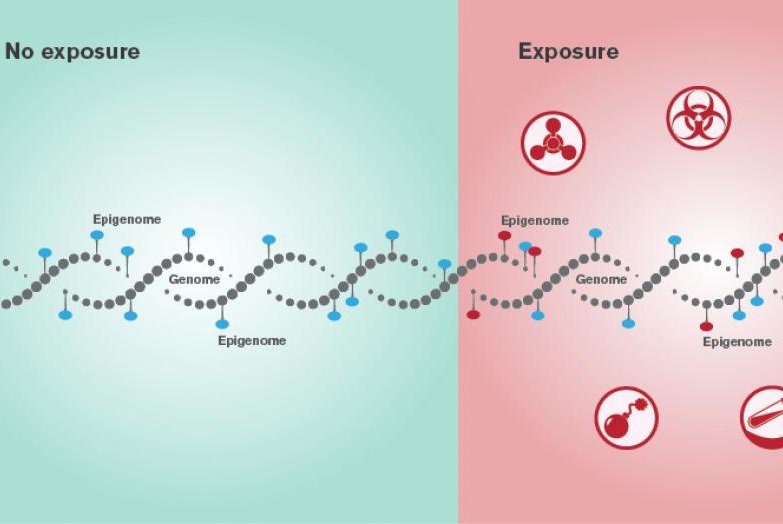Researchers at Arizona State University plan to develop technology that can detect exposure to materials associated with weapons of mass destruction from analysis of a single drop of blood. Photo by Arizona State University
July 23 (UPI) -- The Defense Advanced Research Projects Agency has contracted Arizona State University to develop a deployable device to determine if a person has been exposed to weapons of mass destruction or their precursors.
ASU was awarded a $9.1 million contract to start work on a device that can detect WMD-related chemicals on a person within 30 minutes or less. The device is expected to be capable of detecting a wide number of substances, including biological agents, radiation, chemicals and explosives.
The initial contract, announced Monday by the Department of Defense, includes $5.2 million in obligated funds and runs through July 21, 2021. The full contract carries a potential value of $38.8 million over four years when including all phases and options.
The project, called "Diagnostic Epigenetics of Infectious Agents and Chemical Toxicity," is part of DARPA's Epigenetic Characterization and Observation, or ECHO, program. The goals of the overall program are to identify signatures created by exposure to threat agents and create technology to reveal exact type and time of exposure, according to ASU.
"Warfighting technology of the future will increasingly rely on the ability to rapidly develop and deploy highly integrated, responsive technologies like the ECHO project," Sethuraman Panchanathan, ASU Knowledge Enterprise executive vice president and chief research and innovation officer, said in a press release.
The hope is that the device, and other developments of the program, could help to open up new sources of forensic evidence and make evidence collection safer and more efficient -- and would enhance the U.S. military's ability to conduct "global, near-real-time surveillance of emerging threats."
"The assays and platform that we will develop have the potential to become useful beyond detecting WMD exposures -- ultimately, leading to a non-invasive diagnostic test for chronic illnesses such as cancer, diabetes and heart diseases," said ASU co-principal investigator Vel Murugan.















